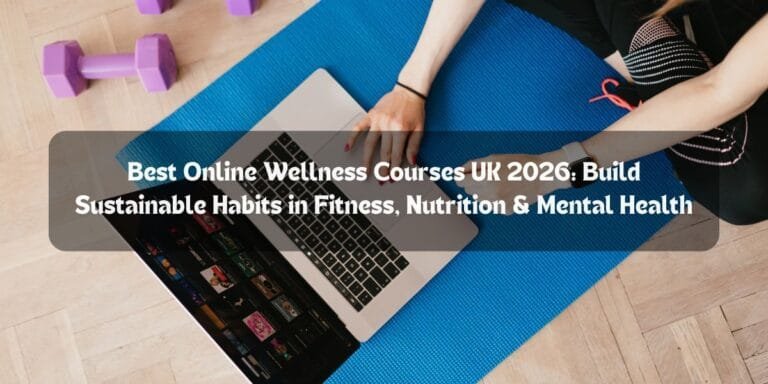

Introduction
Studying can often feel like an overwhelming task, especially when trying to retain large amounts of information in a short time. Whether you’re preparing for exams or working on a major project, the challenge of keeping track of everything can be daunting. But what if there were ways to study smarter, not harder, and retain more information in less time? In this post, we’ll cover some of the most effective study hacks to help you improve your memory retention and boost your academic performance.
- The Importance of Active Learning
When it comes to retaining information, passive reading or listening doesn’t cut it. Active learning techniques, such as summarizing, questioning, and teaching others, will help you better grasp and remember the material. Try these strategies:
- Summarize what you’ve learned in your own words.
- Teach the material to a peer, which reinforces your own understanding.
- Question yourself about key concepts, creating a more interactive approach to studying.
- Use Spaced Repetition
Spaced repetition is a powerful memory technique where you review the material at increasing intervals. This method allows your brain to absorb and retain information more effectively. Tools like Anki or Quizlet can help you implement spaced repetition in your study routine. Here’s how to use it:
- Start by reviewing notes shortly after you study them.
- Review again after a few days and keep increasing the intervals.
- Test yourself regularly to strengthen the neural connections.
- Break Study Sessions into Focused Intervals (Pomodoro Technique)
The Pomodoro Technique is a time-management method that involves working in focused intervals, usually 25 minutes of study followed by a 5-minute break. After four sessions, you take a longer break. This technique not only boosts productivity but also helps maintain focus, preventing burnout during long study sessions.
- Use Visuals and Mnemonics
Using visual aids like diagrams, charts, and mind maps can significantly enhance memory retention. Additionally, mnemonics can be an effective tool for memorizing lists, formulas, or concepts. For example, creating an acronym from the first letter of each item in a list can help your brain recall information more easily.
- Take Care of Your Brain
Your brain needs fuel to function well. Here are some tips to keep your mind sharp while studying:
- Get adequate sleep – Aim for 7-9 hours per night.
- Eat brain-boosting foods like leafy greens, nuts, and fish high in omega-3 fatty acids.
- Exercise regularly to improve blood flow to your brain.
- Eliminate Distractions and Create a Productive Study Environment
Studying in a quiet, organized space helps you concentrate and process information more effectively. Turn off notifications, remove any unnecessary clutter from your workspace, and use noise-canceling headphones if needed. A good study environment can make a significant difference in how efficiently you learn.
Conclusion
By implementing these smart study hacks, you’ll be able to retain more information in less time, improve your productivity, and enhance your overall academic performance. Active learning, spaced repetition, focused study sessions, and a healthy brain are all crucial factors in studying smarter. Start using these techniques today and watch your study habits transform!
Frequently asked Questions
How can I retain information faster when studying?
Use active learning techniques like summarizing and teaching the material, implement spaced repetition, and utilize visual aids or mnemonics to improve retention.
What is spaced repetition, and how does it work?
Spaced repetition involves reviewing information at increasing intervals to strengthen memory retention. It helps your brain absorb and retain information over time.
How can I stay focused while studying for long periods?
Use the Pomodoro Technique to break your study sessions into focused intervals, followed by short breaks. This will keep you motivated and prevent burnout.
Are visual aids helpful in studying?
Yes, using visual aids like mind maps, diagrams, and charts can help reinforce key concepts and make it easier to remember information.
Courses Related To This Blog
Discover a range of carefully selected online courses crafted to enhance your skills across multiple topics. Engage with affordable, top-quality courses designed to provide in-depth learning and address your unique educational needs effectively.
Join the Community & Get Updates🔥
Related Post
Explore our latest expert insights, practical guides, and in-depth resources on trending topics designed to answer your questions, solve your challenges, and help you stay ahead with up-to-date trends and strategies.













